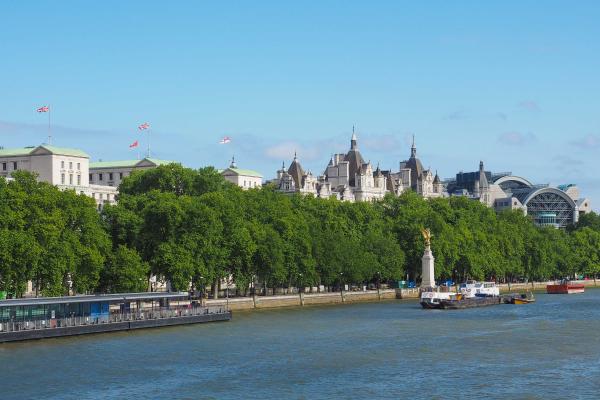The 20th anniversary of 9.11 has generated many reviews and commentaries on both the lessons learnt from the disaster and the state of the global counter-terrorism effort today and in the future. Some have been more optimistic than others. The recent takeover of Afghanistan by the Taliban – the hosts of the culprits of 9.11 – has given the event added poignancy, even irony.
An update
The Director General of the Security Service (MI5) gave his thoughts on the BBC's 'Today' programme (time markers 2:10:00 to 2:26:18) on 10 September 2021. He declared that the authorities had foiled 31 late-stage attack plots in the UK in the past four years and had disrupted six late-stage plots during the pandemic alone. He went on express his concern that the Taliban may turn a blind-eye to the regrowth of Al-Qaeda, and without Western boots on the ground then intelligence will be harder to glean. Hence, we can expect to continue to have an ongoing conversation with the terrorist: small-scale inspirational attacks will combine with directed attacks as long as the ideology and intent pervade.
(Resilience First members were briefed on 10 September 2021 by the former lead for UK Counter Terrorism Policing.)
A review
A webinar on 9 September 2021 – titled ‘9.11 Two Decades of Disruption’ – produced by the International Forum of Terrorism Risk (Re) Insurance Pools in collaboration with the US Treasury and Pool Re Solutions, featured several key speakers. The event contained a docufilm that recorded expert testimony, with sentiments reflecting the cup both half full and half empty. The end of the film revealed the toll that the terrorists have wrought since 9.11: 132,174 terrorist attacks, 66,165 bomb attacks, 4,227 melee weapon attacks, and 68,247 terrorist-related fatalities. Clearly, the threat has not dissipated and the cost in lives and treasure continues to mount; the two decades of damage are already many times greater than that one dreadful incident in 2001.
In the docufilm, among the selection of many telling comments, a former UK Deputy National Security Adviser expressed his view that the ‘loss of societal cohesion’ was a worrying factor that needed to be addressed in the ongoing fight against terrorism. He felt it was important that we needed ‘to draw together’ to maintain our resolve in the counter-terrorism effort. This togetherness was certainly evident in the days after 9.11 in the US and helped to create a national and international resolve to bring the perpetrators to justice.
Drawing together
It would be reassuring to think that the UK would have the same resolve in the face of a similar mass-casualty event. Yet, the signs for the future on both sides of the Atlantic are not reassuring. Political and societal divisions are all too apparent. The narrow narratives and numerous conspiracy theories fuelled through social media play a part in reducing social cohesiveness. The younger generation may be most susceptible, with a small proportion leaning towards extremism and bigotry. It is troubling that a fifth of 16 to 24-year-old males said in a poll (Focaldata) in May last year that it was true that the official account of the Holocaust was a lie.
Doubts about an official narrative or national message may make it harder to convince a section of the population to acknowledge and collectively respond to a large-scale disaster. Yet, there is strong evidence that social cohesion is influential is dealing with disaster. Research by Daniel Aldrich following the Fukushima nuclear disaster in 2011 showed that communities with deep reservoirs of social capital had higher survival rates and faster recovery rates. Given that social capital, like other forms of capital can be created and strengthened, it is important to do all one can to build resilience before any incident. (See the other forms of capital in the National Preparedness Commission's report Resilience Reimaged.)
For government and business alike, there is an imperative to act together to do everything to increase levels of trust, robustness, cohesion and co-operation in a societal capacity. (See UK Government’s Integrated Review and Call for Evidence.) Community resilience can be nurtured by the public, voluntary and private sectors but it requires time, effort and resources – and leadership. Those facets come at a much smaller price than the costs accrued post 9.11.



